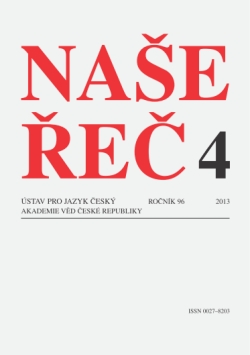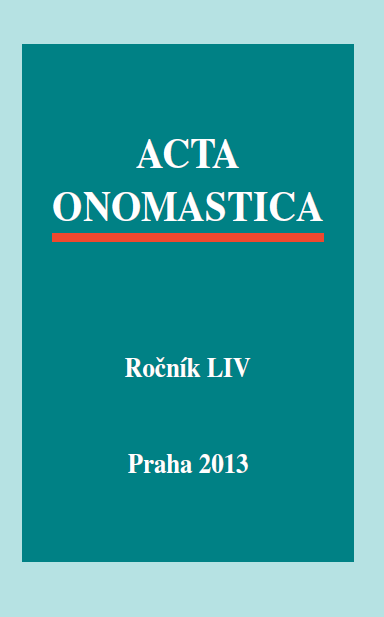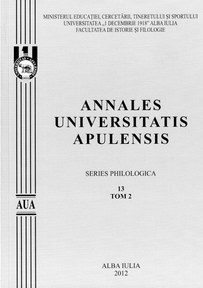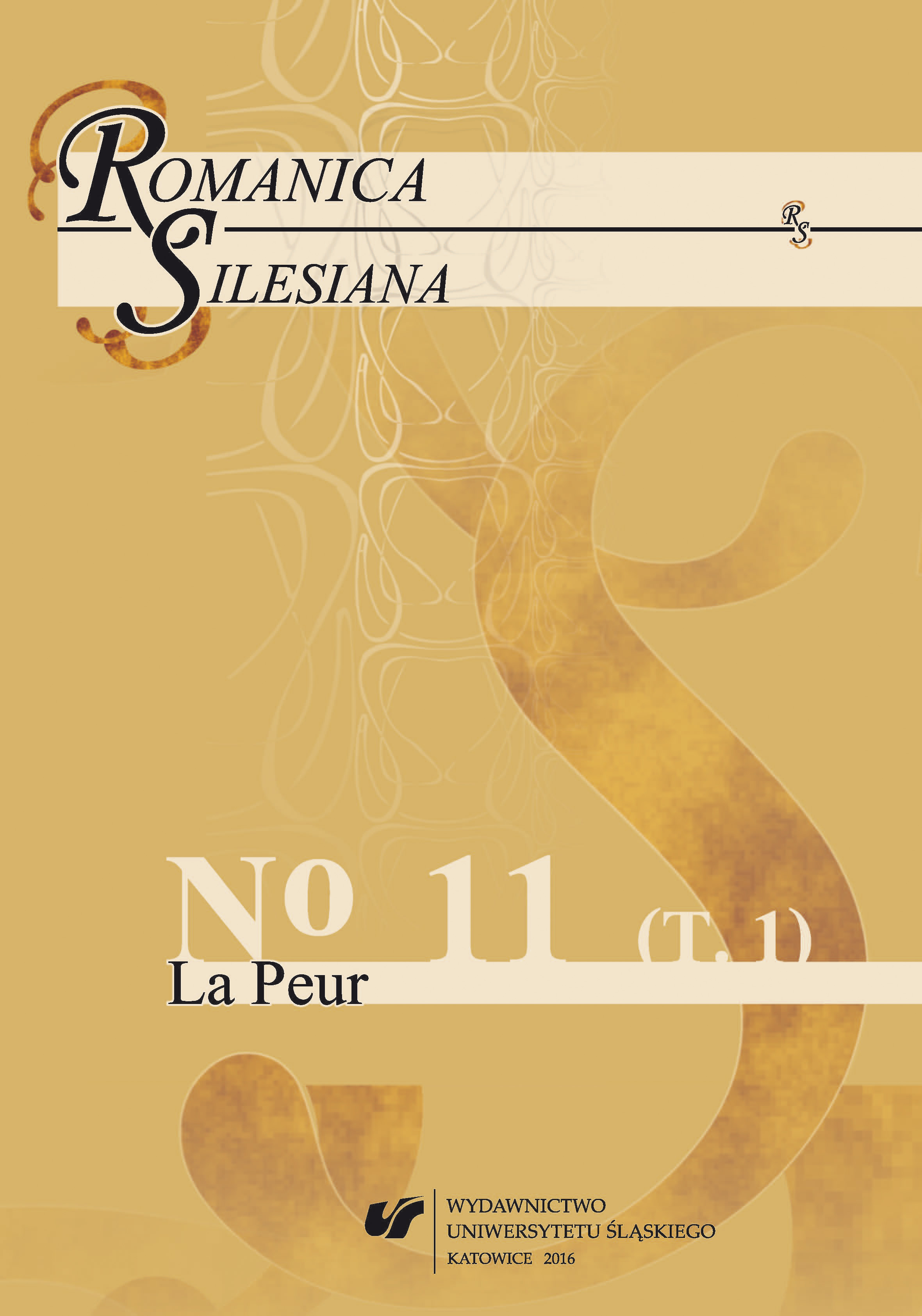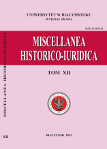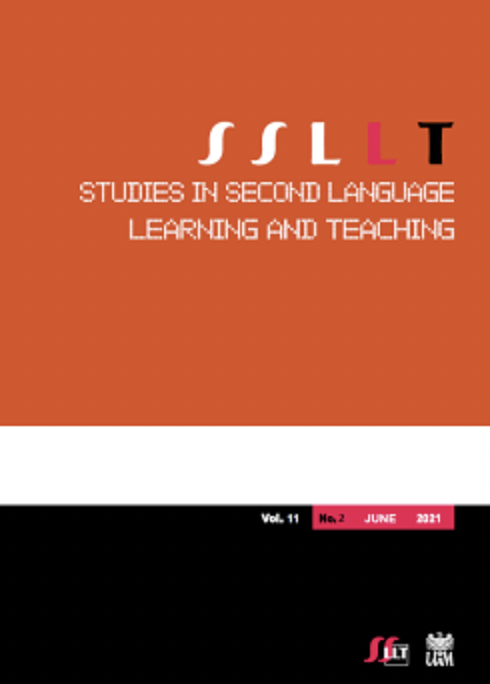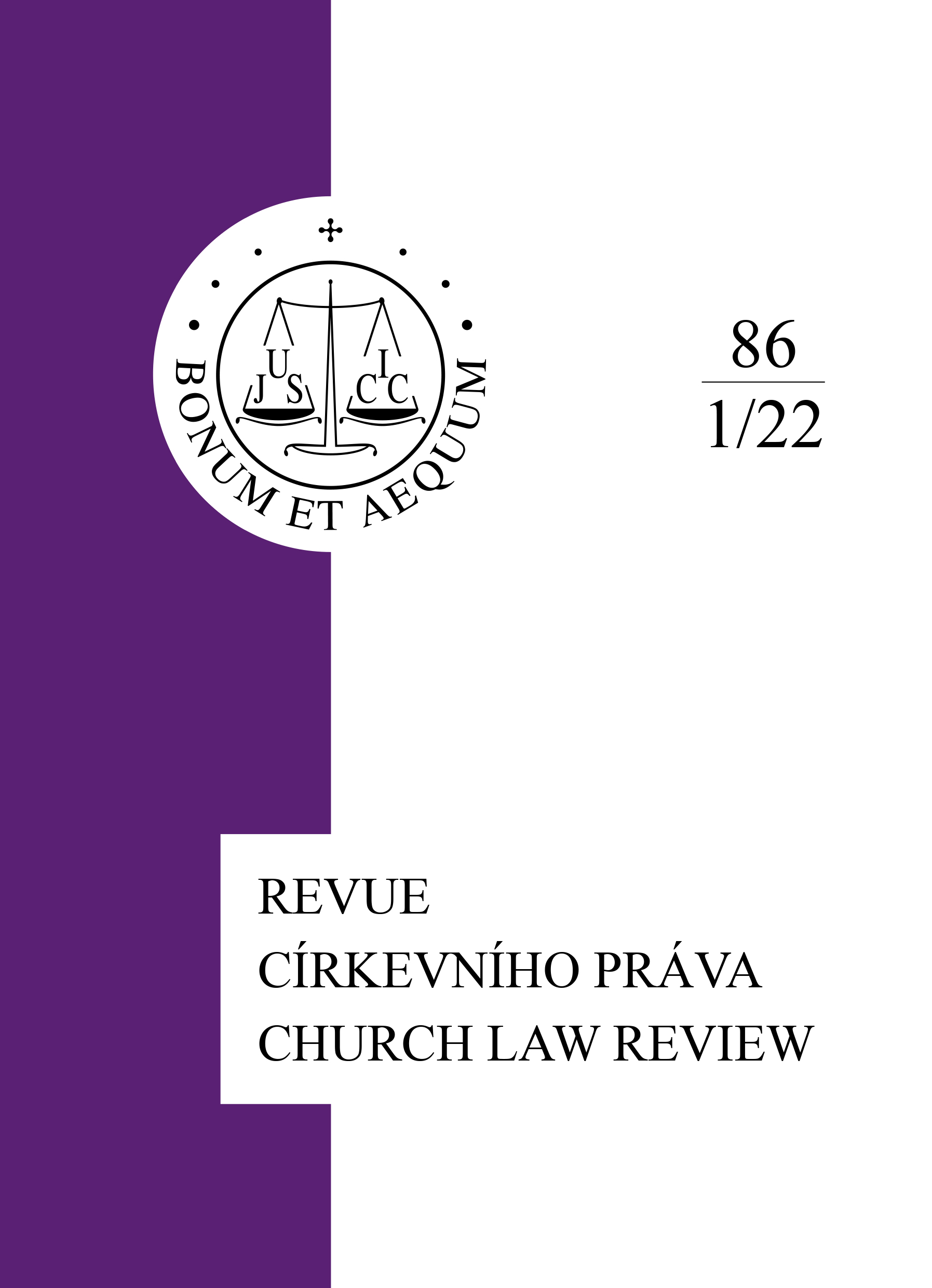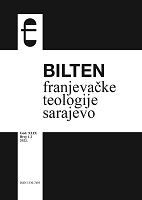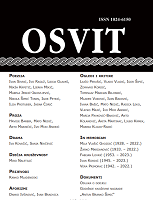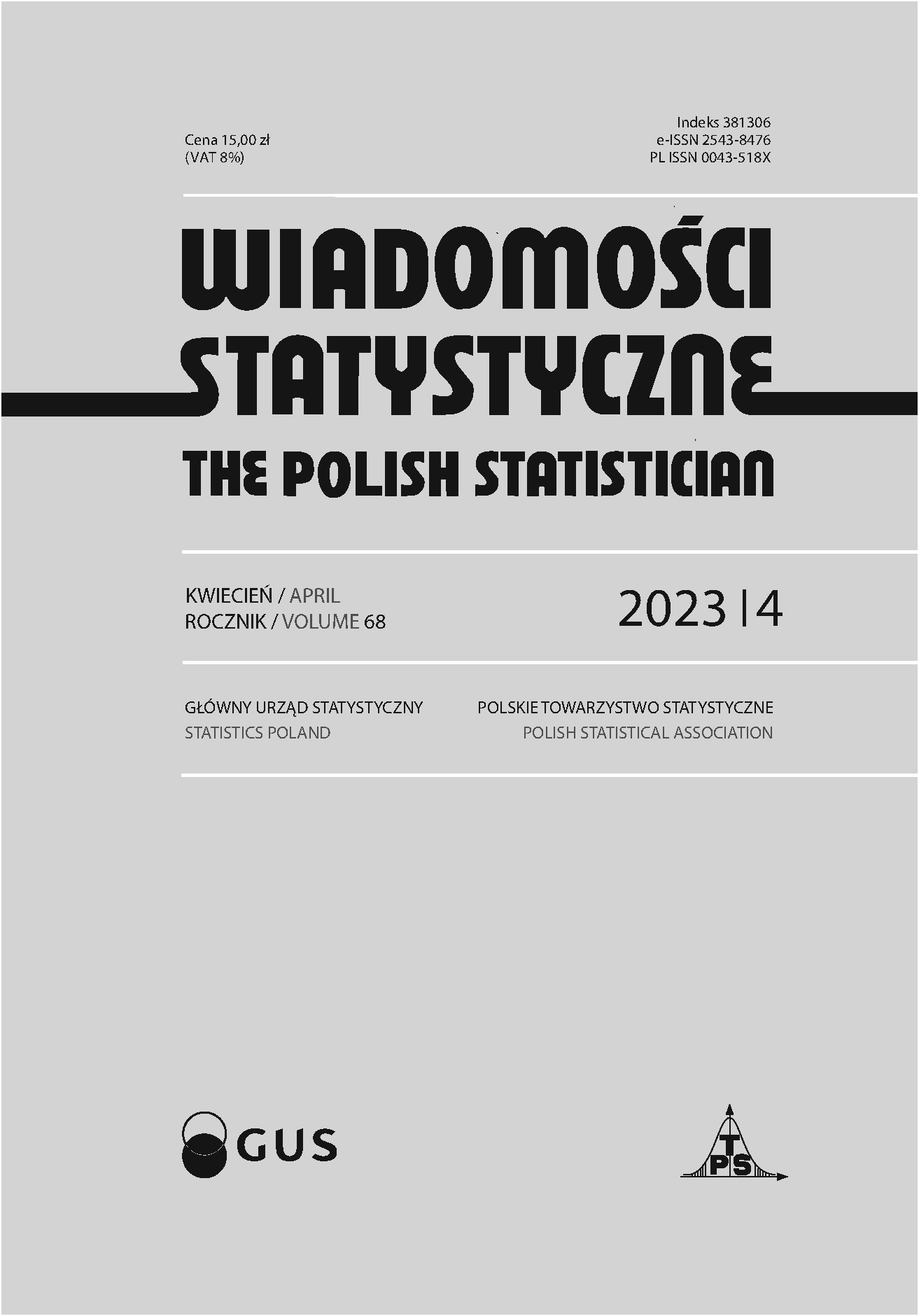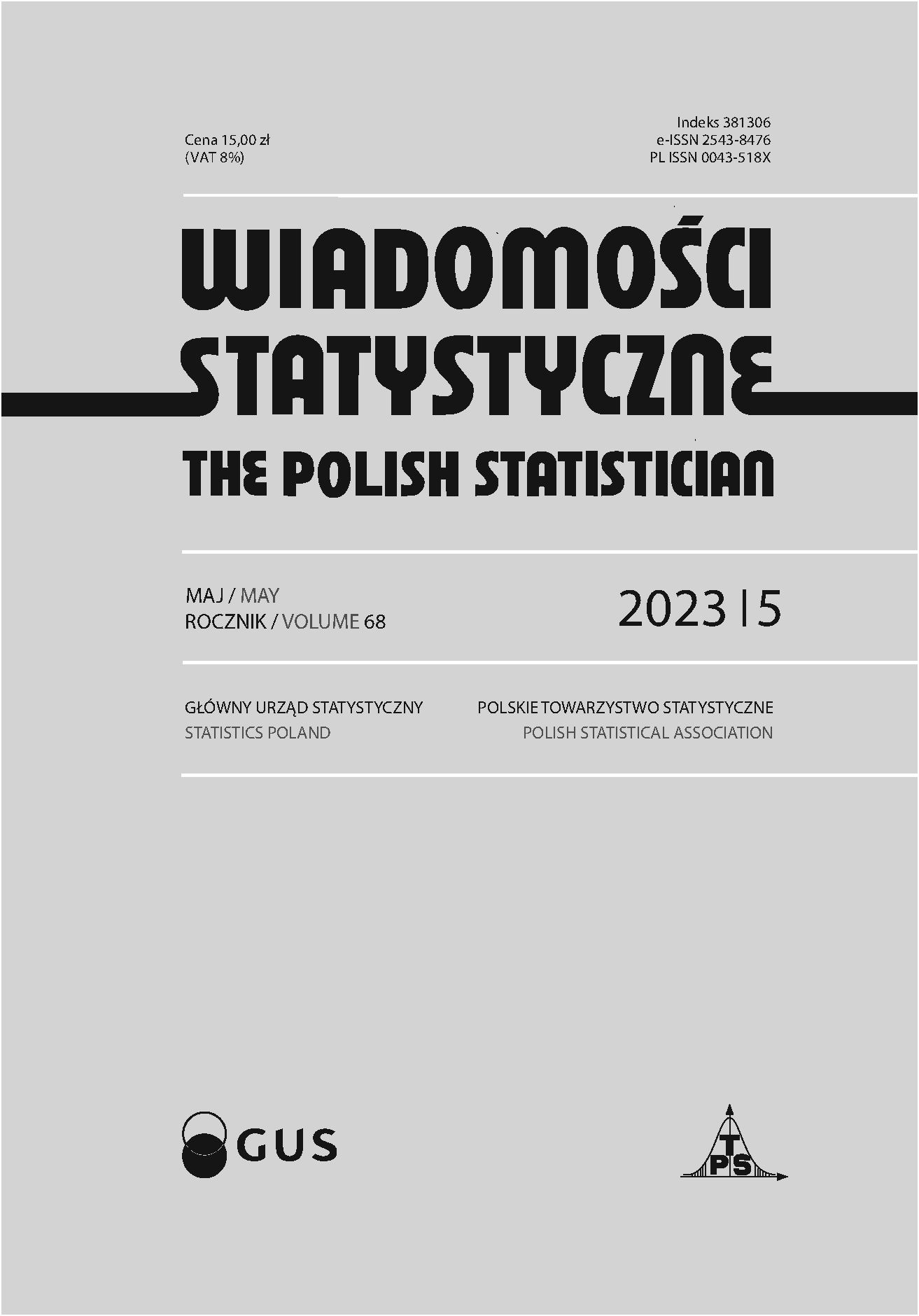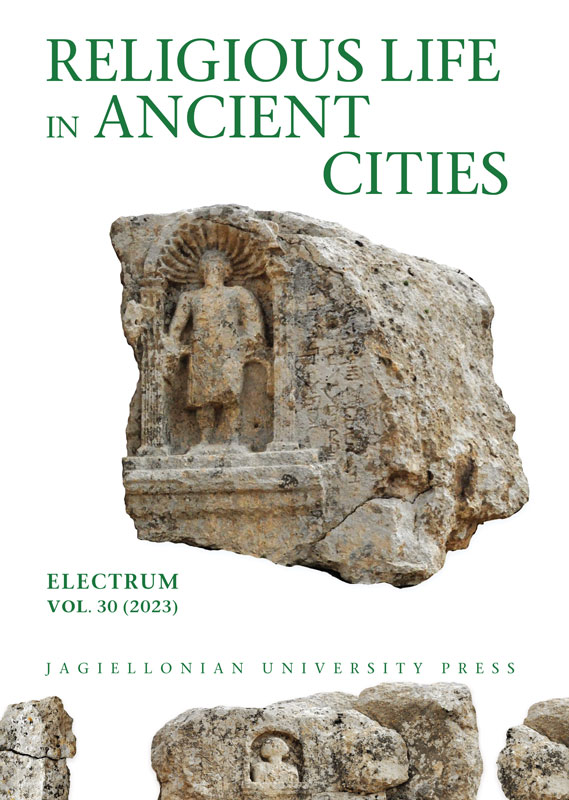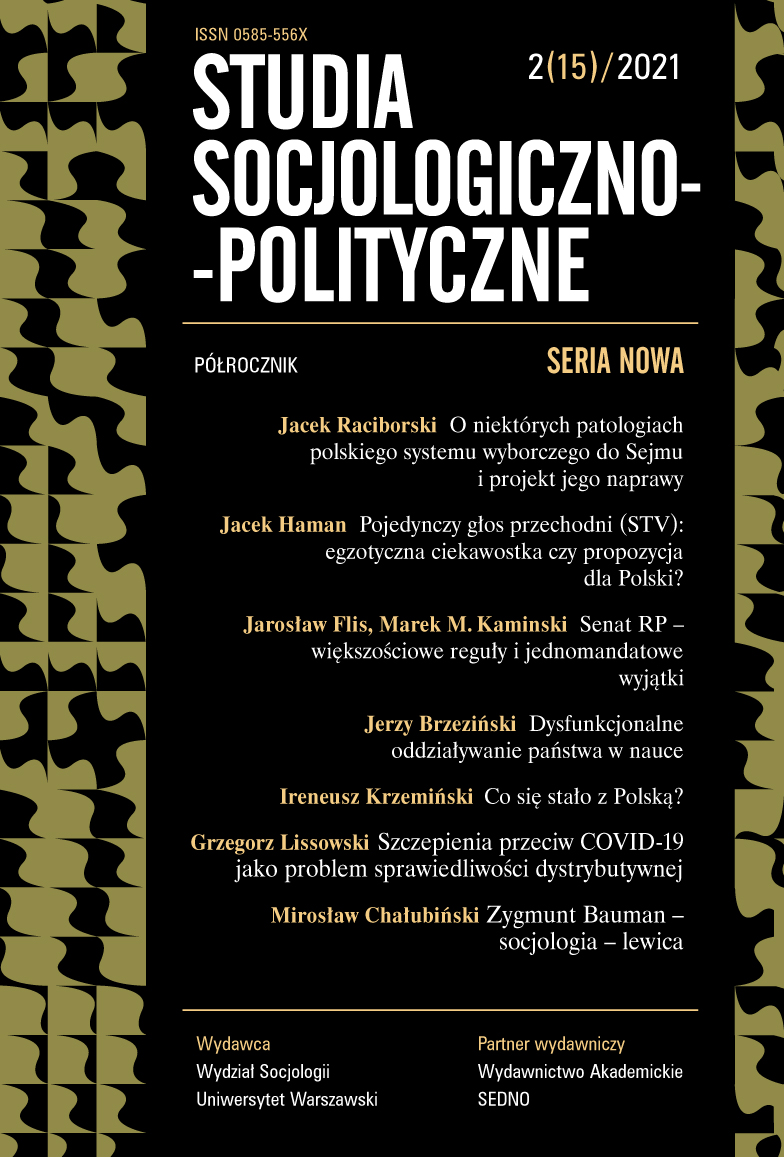Mitul faustic şi distopia românească în povestirea „T de la Trezor” de Ştefan Aug. Doinaş
Author(s): Maria CHEŢAN / Language(s): Romanian
/ Issue: 3/2012
Keywords: Ştefan Aug. Doinaş; prose; faustian; demonic; dystopia
Dark fiction, placed in a not-too-far future (the author indicates a time when, for the new generations, the “post-modernist de-abusing” will belong to our grandparents or great grandparents), the action of T de la Trezor, story which is part of the homonymous prose volume by Ştefan Aug. Doinaş, constitutes itself through multiple aspects in a parable of a totalitarian regime. The open ending – Doinaş states that the text of T de la Trezor could not be finished – leaves the possibility of various interpretations, from portraying the way in which the demonic spirit incarnates and acts throughout history, to various poses of the Faustian spirit which manifests in a given social system or to presenting the coercive manner of action of a totalitarian regime in which man, which ended up being no more than an insignificant chess pawn, is no longer relevant in the face of utopia proposed to a society, apparently benefiting the individual.
The demonic, Goethean notion correlated with the Faustian myth which Doinaş studied from a historical perspective, are sending subtle reflexes in the T de la Trezor prose, through the configuration of the eponymous character. The Faustian myth, which exerted a constant attraction upon Doinaş, is granted a detailed analysis in Faust ca homo europaeus, starting from its definition and stating its constants (the archetypal scenario, eschatological or primal vision, representative characters, fictional time of the action, etc.) up until pointing the elements which enable his survival in a human society. Some references from the text T de la Trezor (may they be veiled or explicit) lead towards the concept of demonic man, as well as the emblematic figure of Faust.
More...
